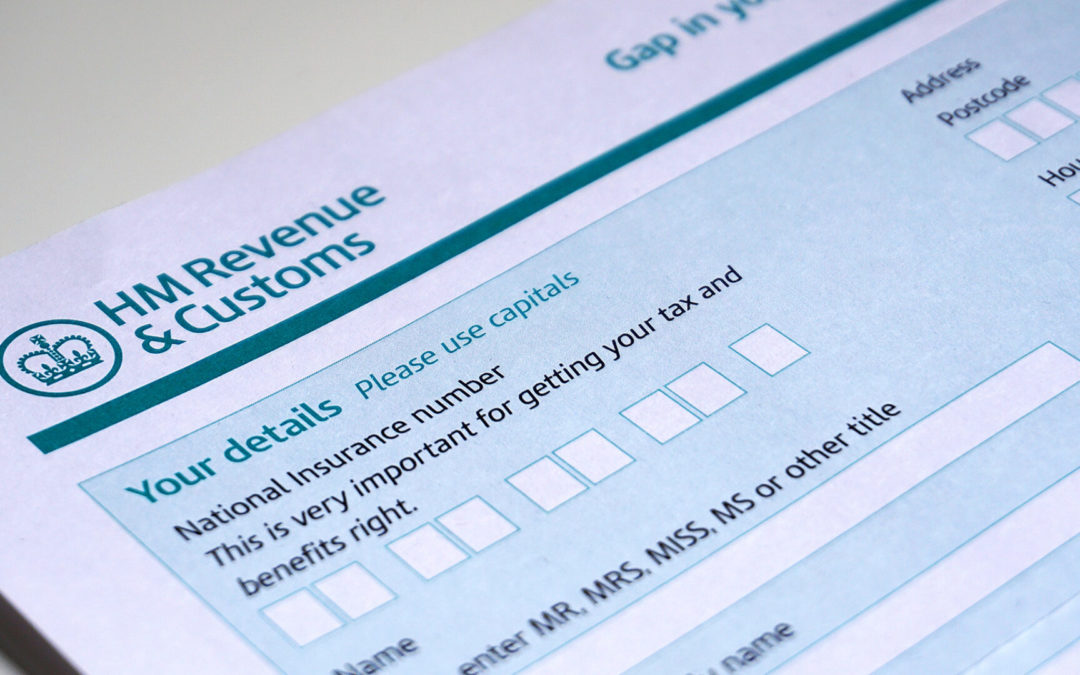Late filing and late payment penalties are to be waived for one month for Self Assessment taxpayers. Please read carefully for details ……
The standard deadline for individuals filing a tax return is 31 January. Failure to meet this deadline usually means a £100 automatic penalty applies, even if no tax is owed.
HMRC recognises the pressure faced this year by Self Assessment taxpayers and their accountants due to COVID. It is estimated that over 5 million tax returns are still due to be filed this month ahead of the 31 January deadline. Consequently, it has announced that it is waiving late filing and late payment penalties for Self Assessment taxpayers for one month.
HMRC is still asking taxpayers to file and pay on time if they can.
The penalty waivers mean that:
- anyone who cannot file their return by the 31 January deadline will not receive a late filing penalty, if they file online by 28 February;
- anyone who cannot pay their Self Assessment tax by the 31 January deadline will not receive a late payment penalty if they pay their tax in full, or set up a Time to Pay arrangement, by 1 April.
Interest on tax due will still be payable from 1 February, as usual, so it is still better to pay on time if possible.
Also, take care if you are a self-employed taxpayer – especially if 2020/21 is your first year of trading. Class 2 National Insurance Contributions (NIC) are collected via self-assessment, but are administered by a separate department. Late payment of this modest NIC liability can put entitlement to certain welfare payments at risk. Taxpayers should therefore contact HMRC to make a separate payment to avoid problems.
If you need help with this or any other accountancy, tax and small business issues, get in touch for a no-obligation discussion – see our Contact Us page for how to reach us.
Keeping you compliant | Saving you tax | Helping you grow
Information in this publication is intended to provide only a general outline of the subjects covered. It should neither be regarded as comprehensive nor sufficient for making decisions, nor should it be used in place of professional advice. Whyatt Accountancy and the writer accept no responsibility for any loss arising from any action taken or not taken by anyone using this material.

